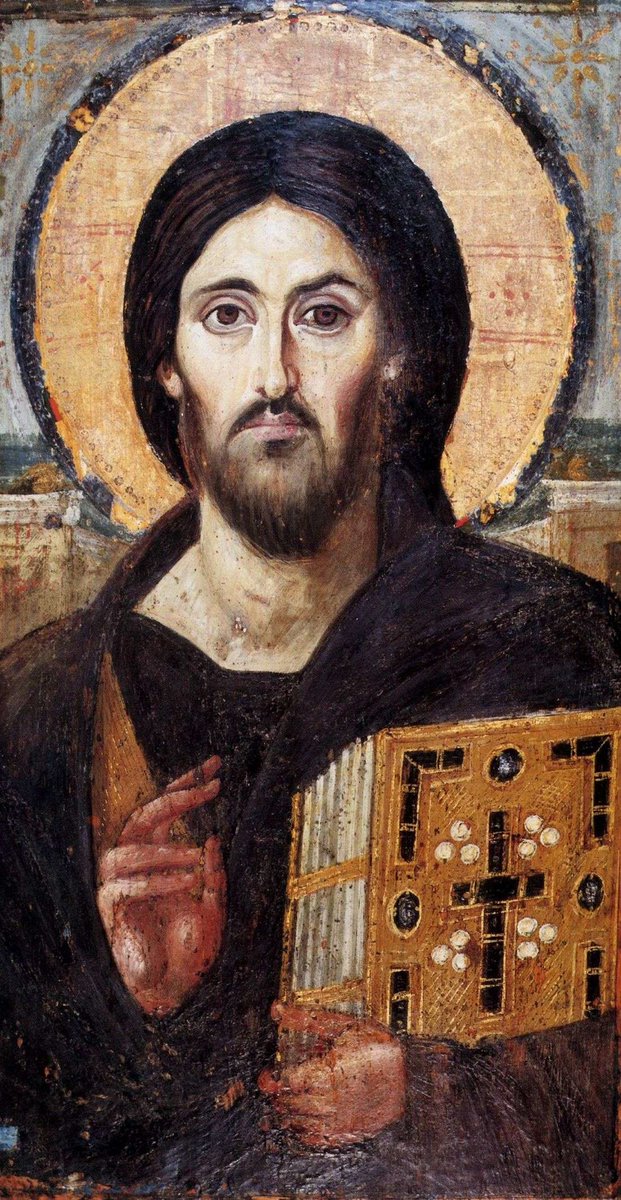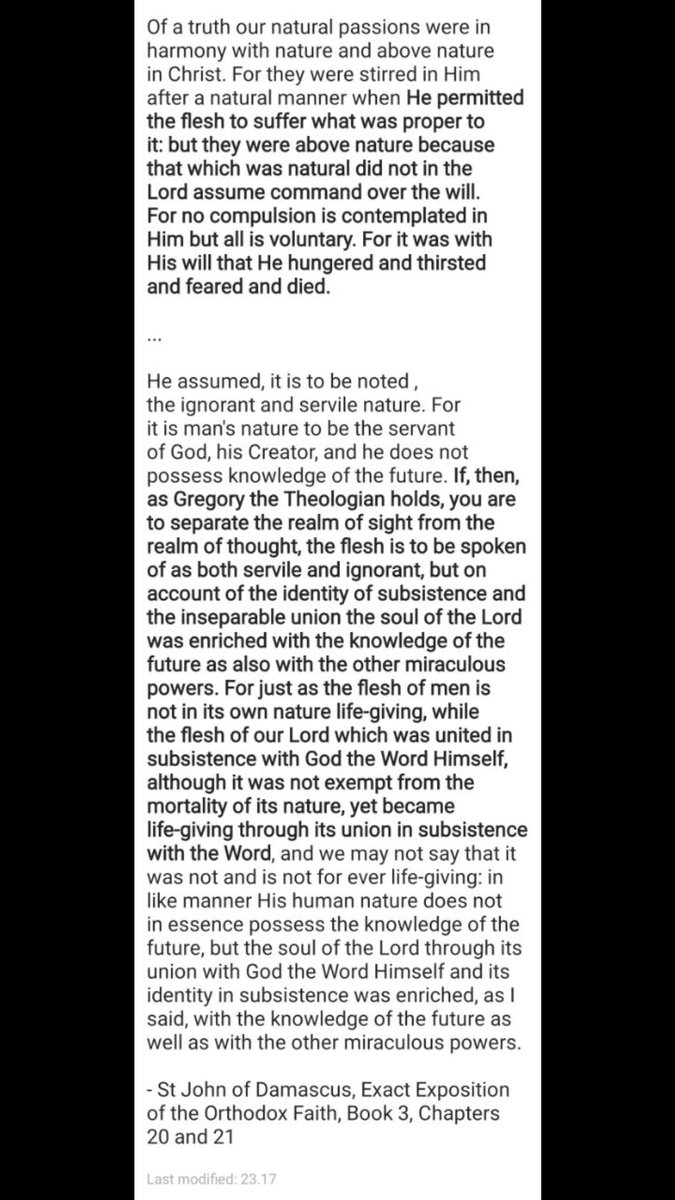It is important to understand the terminology of the Church regarding Jesus Christ, the Word of God who became flesh for our sakes. He is called the God-Man signifying the truth of the incarnation.
As the Council of Chalcedon degreed through the Holy Spirit, the one Lord Jesus Christ is "truly God and truly man", both consubstantial with the Father in divinity and consubstantial with us in humanity.
The term 'God-Man' best signifies this reality just as the Blessed Virgin is called the 'Godbearer', ie. she gave birth to the One who is by nature God, while the act of birth is a human act, she gave birth to God incarnate who had existed eternally in the Father's Bosom.
It is often said by critics of the incarnation that we cannot "separate" the two natures, ie. when our Lord suffered on the Cross, we have to say He suffered as God, not as a man only, to entrap us. But this is a false dichotomy and twists the Patristic teaching.
The Holy Fathers expressly teach that since Christ is both God and man, qualities are attributed to what's proper to each nature. For example as the Divinity is impassable, He hungered as man. He did miracles through His divinity, although remaining a human.
Hunger, for example is a property of humanity, sustaining creation is a property of divinity. But in all that Christ did in His earthly ministry, He did as the God-Man.
The Disciples experienced the mystery of Christ during His ministry, at all times seeing Him as man.
The Disciples experienced the mystery of Christ during His ministry, at all times seeing Him as man.
It is however also true that as One appearing to the Jews in the form of a servant and a human being, He says "I and My Father are One" and "Before Abraham was, I am". This shows that He was saying these things while being a man but they were truths and not blasphemy.
Christ did not blaspheme because He is one with the Father, so it is as man He says and does all things, even those proper to divinity during His incarnation. Even now, He upholds and controls all things in His glorified body, as human who is God incarnate.
Certain acts of His are as ascribed to one nature or the other based on the act and seeing to which nature such an act is proper. Death for example is proper to humanity so although being God, He suffers through His humanity since the divinity is impassable.
Similarly, His claims of equality with the Father are proper to divinity as no man can claim equality with God and not be a blasphemer. Jesus could because He is God INCARNATE, who took on a human nature, and thus worshiping Him as God is proper, He is not a partner with God.
As to events like His exaltation after the Cross, this is understood as referring to His humanity. He receives those things proper to His Divinity as man. As man He therefore can say He has authority over all flesh and all authority on heaven and earth as granted to Him.
This is part of the mystery of the incarnation. Our Lord was seen in a form of a humble servant who at crucial times revealed His Power and Deity, and as man He was recognized as having been exalted to be Lord and Messiah (cf. Acts 2:36) and at the right hand of the Father.
Again, as St Cyril of Alexandria says, these things are seen as proper to His humanity, He receives these truly divine honors because He is not only a man but God. Therefore we talk of the exaltation of our Lord Jesus Christ to the Father's right hand, as exaltation of humanity.
Finally, on the attributes of humanity in Christ and His limitations:
It is inexact to say for example that He did x as man only or y as God only. This is not the Orthodox faith. In all instances He was the incarnate Word, both truly God and truly man.
It is inexact to say for example that He did x as man only or y as God only. This is not the Orthodox faith. In all instances He was the incarnate Word, both truly God and truly man.
That doesn't mean we don't ascribe things according to which nature it's proper, but the point is we shouldn't separate Christ like many Protestants do. He is one hypostasis, not two.
As the Fathers explain, the humanity of Christ was deified as a result of the union with the Word, and thus His humanity is also made perfect as well, He voluntarily underwent suffering and human limitations. This DOES NOT negate His true humanity as those are proper to humanity.
The fundamental mystery of the Orthodox Faith is the worship of God as man, who took on flesh for our salvation. We are not idolatrous because we do not ascribe a partner to God. Jesus is the God we worship although He took on humanity, and as man we know Him to be God in flesh.

 Read on Twitter
Read on Twitter





